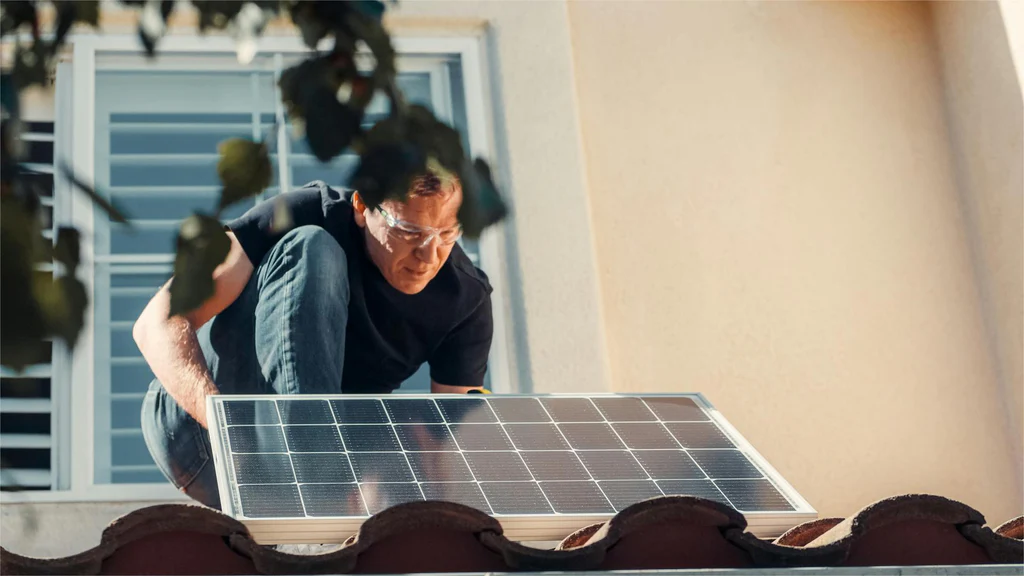When considering where to install your solar inverter: indoor and outdoor considerations become crucial. The decision can significantly impact the efficiency and longevity of your solar energy system. This article delves into the advantages and disadvantages of both indoor and outdoor installations, helping you make an informed choice.

Understanding Solar Inverters
Solar inverters play a vital role in converting the direct current (DC) generated by solar panels into alternating current (AC) for household use. The placement of the inverter can affect its performance, maintenance, and safety. So, what factors should you consider when deciding on the location?
Indoor Installation: Advantages and Disadvantages
Installing your solar inverter indoors has several benefits:
- Protection from Weather: Indoor installations shield the inverter from harsh weather conditions, such as rain, snow, and extreme temperatures.
- Enhanced Security: An indoor inverter is less susceptible to theft and vandalism, providing peace of mind.
- Noise Reduction: Inverters can produce noise during operation. An indoor installation minimizes sound disturbances in living areas.
However, there are also some drawbacks:
- Heat Accumulation: Indoor spaces can become hot, which may affect inverter efficiency. Adequate ventilation is essential.
- Space Constraints: Finding suitable indoor space can be challenging, especially in smaller homes.
Outdoor Installation: Advantages and Disadvantages
On the other hand, outdoor installations offer their own set of pros and cons:
- Optimal Cooling: Outdoor environments can help keep the inverter cooler, enhancing performance.
- Accessibility: Outdoor installations are often easier to access for maintenance and monitoring.
Yet, there are significant considerations:
- Weather Vulnerability: Outdoor inverters are exposed to the elements, which can lead to wear and tear over time.
- Security Risks: An outdoor inverter may be more prone to theft or damage from vandalism.
Key Considerations for Installation
When determining where to install your solar inverter: indoor and outdoor considerations should include:
- Assessing the climate in your area.
- Evaluating the available space and accessibility.
- Considering the inverter's cooling requirements.
- Understanding local regulations and safety codes.
Conclusion: Making the Right Choice
Ultimately, the decision on where to install your solar inverter: indoor and outdoor considerations will depend on your specific circumstances. Weighing the pros and cons of each option is essential for optimizing your solar energy system's performance. For more detailed insights, you can visit this comprehensive guide.








